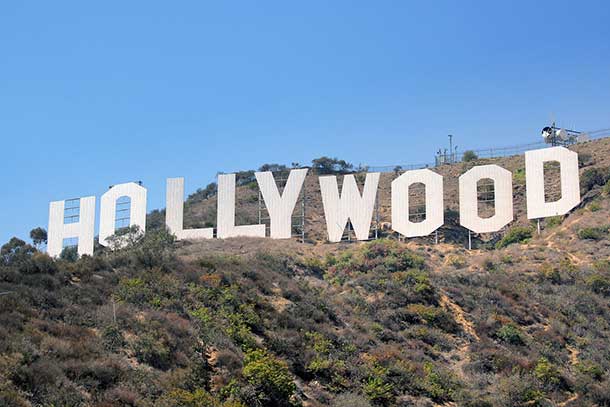HOLLYWOOD – TECH – Hollywood actors and writers are standing side by side on the picket line for the first time in more than 60 years. Future blockbusters such as the next “Mission: Impossible” and “Deadpool” movies and the fifth season of “Stranger Things” have stopped production.
“More than 11,000 writers were involved in the Writers Guild of America strike. The Screen Actors Guild-American Federation of Television and Radio Artists strike adds 160,000 actors to that, effectively freezing nearly all activity in Hollywood,” said James Ivory, a media technology expert at Virginia Tech. “The writers’ strike has not had much impact for viewers so far, but with the actors joining in, much television and film production is shutting down across the United States as well as overseas productions involving members of the U.S. unions. This has a much more immediate public impact.”
Ivory answered questions about what the striking unions want and challenges faced on both sides.
Q: What has Hollywood’s actors and writers striking together against the Alliance of Motion Picture and Television Producers?
“Primary among both writers’ and actors’ demands are more favorable base pay rates and access to benefits, and a bigger proportion of residual income from streaming for both writers and actors. The last time both writers and actors went on strike in Hollywood was 1960, and the impasse then was over residuals from television. Now the primary issue is residuals from streaming. When the business model for television and film changes, the wages for writers and actors needs to keep up, and sometimes a labor dispute is the only way to get Hollywood’s executives on the same page.”
Q: What are the unions’ concerns related to use of artificial intelligence in moviemaking?
“While not as urgent a priority as residual income, the writers and actors both want a more favorable and more binding agreement about how artificial intelligence will and will not be used in the future. Notably, the writers and actors are not against the use of artificial intelligence. They want to ensure that the writers and actors are involved with the use of this technology in a fair and equitable way that protects their rights and ability to produce quality work.”
Q: Going forward, what aspects of the strike warrant closer scrutiny?
“It is important to remember that this strike is not just superstar actors and famous writers against Hollywood companies. The people suffering most in this strike are writers and actors who do not make large salaries even when they create work that millions of people enjoy — who need more streaming residuals just to meet the $26,000 annual income threshold that grants access to insurance. At the same time, the streaming model is losing money for a lot of big companies, including giants like Disney, so it will be a challenge to find a way to give writers and actors a better piece of the pie when the economics of streaming are already a challenge for everyone.”





